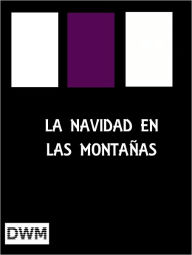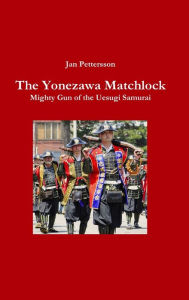LA NAVIDAD EN LAS MONTAÑAS IGNACIO
by MANUEL ALTAMIRANO
2020-04-21 04:27:41
LA NAVIDAD EN LAS MONTAÑAS IGNACIO
by MANUEL ALTAMIRANO
2020-04-21 04:27:41
No one who knows not the Mexican Indian village can appreciate the heroism of the man, who, born of Indian parents, in such surroundings attains to eminence in the nation. It is true that the Aztec mind is keen, quick, receptive; true that the poores...
Read more
No one who knows not the Mexican Indian village can appreciate the heroism of the man, who, born of Indian parents, in such surroundings attains to eminence in the nation. It is true that the Aztec mind is keen, quick, receptive; true that the poorest Indian of that tribe delights in things of beauty; true that the proverb and pithy saying in their language show a philosophic perception. But after all this is admitted, the horizon of the Indian village is narrow; there are few motives to inspiration; life is hard and monotonous. It must indeed be a divine spark that drives an Aztec village boy to rise above his surroundings, to gain wide outlook, to achieve notable things.Ignacio M. Altamirano, a pure Aztec Indian, was born at Tixtla, State of Guerrero, December 12, 1834. The first fourteen years of his life were the same as those of every Indian boy in Mexico; he learned the Christian Doctrine and helped his parents in the field. Entering the village school, he excelled, and was sent at public expense in 1849 to Toluca to study at the Instituto Literario. From that time on his life was mainly literary,—devoted to learning, to instructing, and to writing. From Toluca he went to the city of Mexico, where he entered the Colegio de San Juan Letran. In 1854 he participated in the Revolution. From that date his political writings were important. Ever a Liberal of the Liberals, he figured in the stirring events of the War of the Reform, and in 1861 was in Congress. When aroused he was a speaker of power; his address against the Law of Amnesty was terrific. Partner with Juarez in the difficulties under Maximilian, he was also partner in the glory of the re-established Republic. From then, as journalist, teacher, encourager of public education, and man of letters, his life passed usefully until 1889, when he was sent as Consul-General of the Republic to Spain. His health failing there, he was transferred to the corresponding appointment at Paris. He died February 13, 1893, at San Remo. His illness was chiefly nostalgia, longing for that Mexico he loved so much and served so well.
Less





.jpeg)























